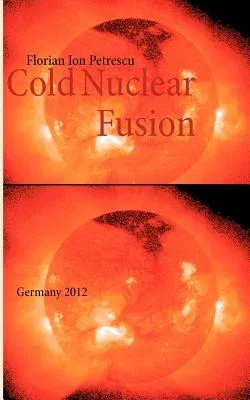Nuclear fusion is the process by which two or more atomic nuclei join
together, or "fuse", to form a single heavier nucleus. During this
process, matter is not conserved because some of the mass of the fusing
nuclei is converted to energy which is released. The binding energy of
the resulting nucleus is greater than the binding energy of each of the
nuclei that fused to produce it. Fusion is the process that powers
active stars. Creating the required conditions for fusion on Earth is
very difficult, to the point that it has not been accomplished at any
scale for protium, the common light isotope of hydrogen that undergoes
natural fusion in stars. In nuclear weapons, some of the energy released
by an atomic bomb (fission bomb) is used for compressing and heating a
fusion fuel containing heavier isotopes of hydrogen, and also sometimes
lithium, to the point of "ignition". At this point, the energy released
in the fusion reactions is enough to briefly maintain the reaction.
Fusion-based nuclear power experiments attempt to create similar
conditions using far lesser means, although to date these experiments
have failed to maintain conditions needed for ignition long enough for
fusion to be a viable commercial power source.


